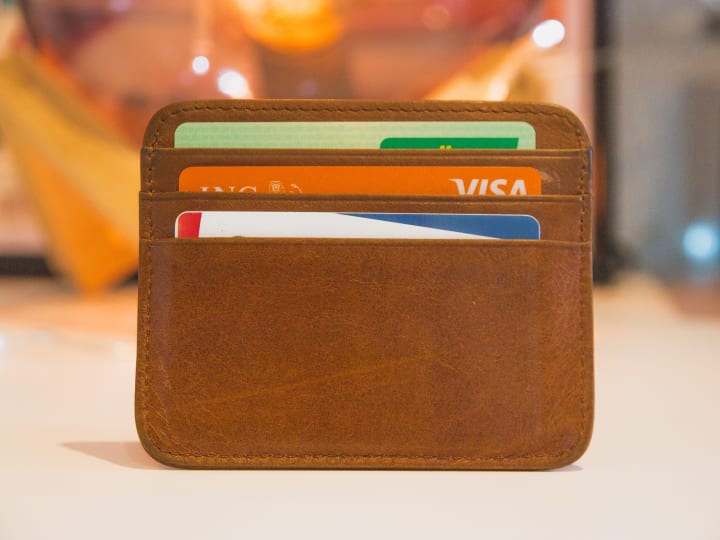As the cost of living continues to increase, staying frugal and saving money becomes more important than ever. Fortunately, with the right tips, tricks, and motivation, anyone can cut their spending and save more money each month. Here are five tips to get you started on your journey toward frugal living!
Consolidate your bills
The best way to start saving money is by finding ways to consolidate your bills. If you have a dozen different bills, try and combine them into one or two payments. You might even want to think about switching out a few of your services with lower cost versions.
Refill your water bottle
Refilling your water bottle is one of the easiest ways to cut down on your expenses. Buying a case of bottled water can cost anywhere from $4-12 per case, which can add up really quickly if you’re drinking a lot of water. The average person will go through at least two cases of bottled water per month, so that’s over $200 each year just on bottled water!
Buy in bulk
Buying in bulk is a great way to save money, not just because it’s less expensive per item but also because it will allow you to make the most of what you buy by minimizing food waste. For example, if there are 10 cans of soup in the store and one is on sale for $0.50 less than all the others, it’s a good idea not to buy all 10 cans.
Create a budget
No matter how much or little you have, a budget is key to make sure that your hard-earned dollars are going where they’re needed. If you’re new to the world of budgets, here are some basic things that you’ll need:
1) A writing implement (pen and paper work best)
2) A spreadsheet or word document
3) Your income and expenses ; whether they come in monthly, quarterly, or yearly–it’s important to know when each payment is due. The idea behind creating a budget is to use up as much of what you earn as possible without going into debt! Once you create your list of expenditures, think about how much time it takes for each one–the more time involved with an expense, the less desirable it may be for meeting your needs. For example, if something costs $5 but takes three hours out of your day because you need to travel for it–it’s probably not worth it!
Eat less meat
It’s no secret that eating less meat can save a lot of cash. In fact, the average American spends close to $1,500 on meat each year. Whether it’s for health, environmental or animal welfare reasons, opting for vegetarian or vegan dishes is one way to dramatically cut your food spending this year.
Use a meal planner
A meal planner is a great way to keep your grocery budget in check. Create a weekly schedule of dinners and snacks, then shop for the ingredients that fit your plan’s requirements. If it turns out that there are extra ingredients left over at the end of the week, consider using them for lunch or throwing an impromptu dinner party! You can also make some of these meals ahead of time so they’re ready to heat up on busy nights (think spaghetti sauce or soups).
Get free entertainment
You don’t need a lot of money to have a good time. There are plenty of free or cheap activities in your area that can offer hours of entertainment. Some popular ones are concerts, festivals, libraries, parks and more. Check out your city’s website for more ideas. They’ll usually have an events page that lists the types of things going on. When I was looking for something fun to do with my daughter one Saturday afternoon, I found an event listing on our local government’s website that told me about all the different activities we could try at our library, museum and zoo – all within walking distance from each other!
Negotiate bills with providers (especially internet service providers)
Negotiate with your providers. Try negotiating bills with them and see if there are any deals that can be made. Some internet service providers, for example, will give you a better deal if you commit to a longer period of time than the standard 30 days.
Go through your stuff and sell what you don’t need.
When it comes to being frugal, there is always something that can be done. From using less electricity and water, to donating clothes and food. If the thought of getting rid of your things makes you feel sad or guilty, then it might be time for a change in perspective.
Take a walk around your home, apartment or room and look at the items that are taking up space or collecting dust. Sometimes we just need to get rid of some old stuff and make way for new memories. Consider selling what you don’t want on eBay, Craigslist or Facebook marketplace. You’ll find many people looking to buy gently used goods!




